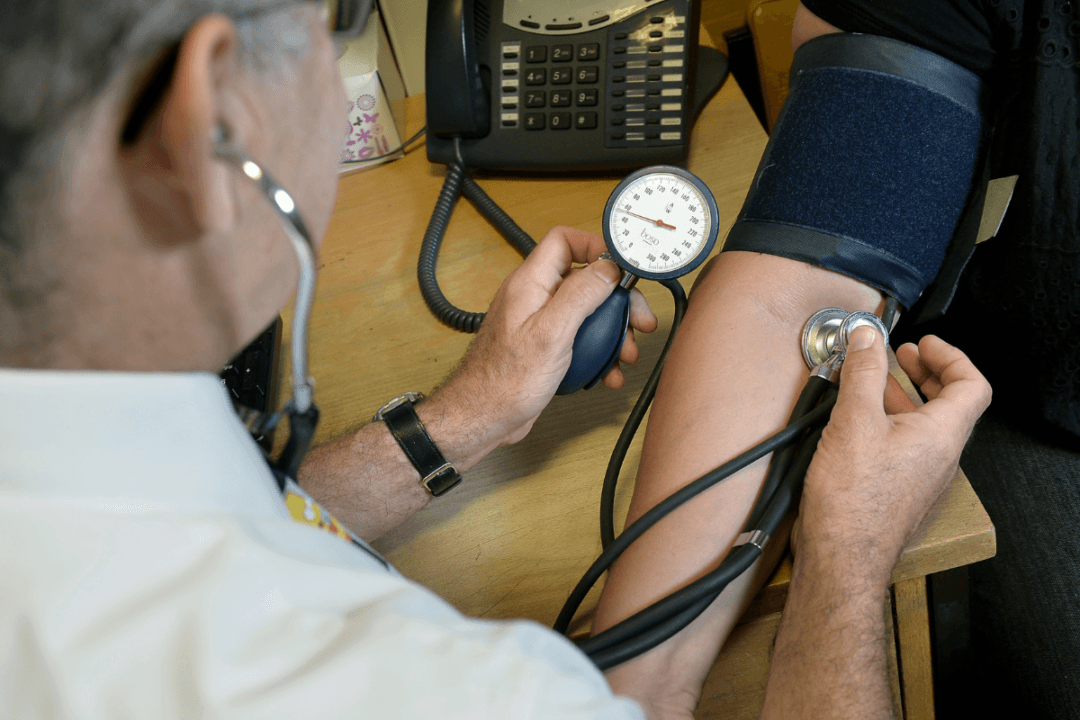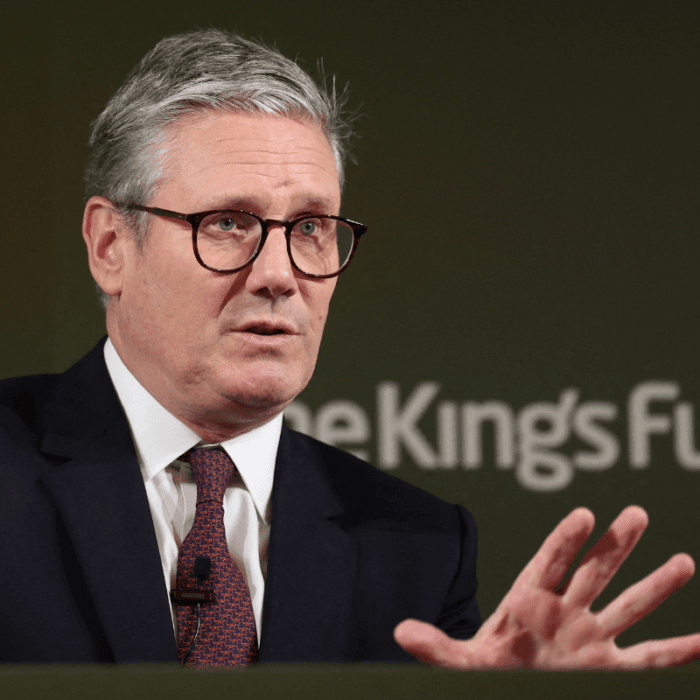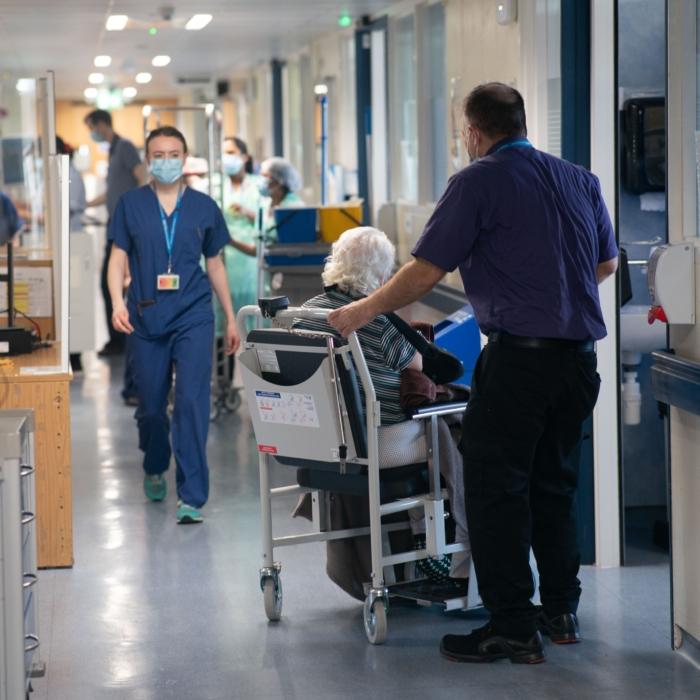The pushback comes after family doctors voted at the start of August against changes to their contracts, introduced by the government and NHS England.
Surveyed by Pulse magazine, 660 different GP practices said they are capping daily patient contacts per GP to 25, as well as stopping voluntary services rationing referrals.
The measures are aimed at reducing the workload that many GPs say has become unmanageable without additional resources or support.
Almost 70 percent of England’s GPs are taking some form of collective action, and only 7 percent are not planning on participating.
Government Response
Overall, 59 percent of practices have been taking action since the vote in August, while 11 percent started earlier than that.An NHS England spokesperson said the service is monitoring the impact of the action to ensure patients continue getting the care they need.
“As some practices continue with collective action, it is essential they directly advise their patients of any changes which might impact the way they access care,” the spokesperson added.
The Department of Health and Social Care (DHSC) said that it wants to work with doctors to get the NHS “back on its feet” and ensure it works for both patients and staff.
“We have taken tough decisions to fix the foundations so a £22 billion boost for the NHS and social care could be announced at the Budget.
“This government is committed to recruiting over 1,000 newly qualified GPs by cutting red tape, so patients can get the care they need, and NHS England is working to address training delays to ensure the health service has enough staff for the future,” the DHSC spokesperson said.
Ministers want to see GPs deliver more patient appointments, which is the opposite of the effect of the ongoing collective action.
Following his appointment in July, Secretary of State for Health and Social Care Wes Streeting vowed to reverse the trend of underfunded GP practices.
“Patients are finding it harder than ever to see a GP. Patients can’t get through the front door of the NHS, so they aren’t getting the timely care they need.
“I’m determined to make the NHS more of a neighbourhood health service, with more care available closer to people’s homes. Because if patients can’t get a GP appointment, then they end up in A&E, which is worse for them, and more expensive for the taxpayer.
“We are committed to bringing back the family doctor, so patients can see the same doctor each appointment, fixing the front door to the NHS,” said Streeting.
In the October Budget, Chancellor Rachel Reeves announced a dedicated fund to deliver around 200 upgrades to GP surgeries across England. The measure aims to improve the use of existing buildings and space and boost productivity.
Labour’s 10-year NHS plan, to be published next year, prioritises neighbourhood health centres, with patients able to visit family doctors and other health specialists all under the same roof.







